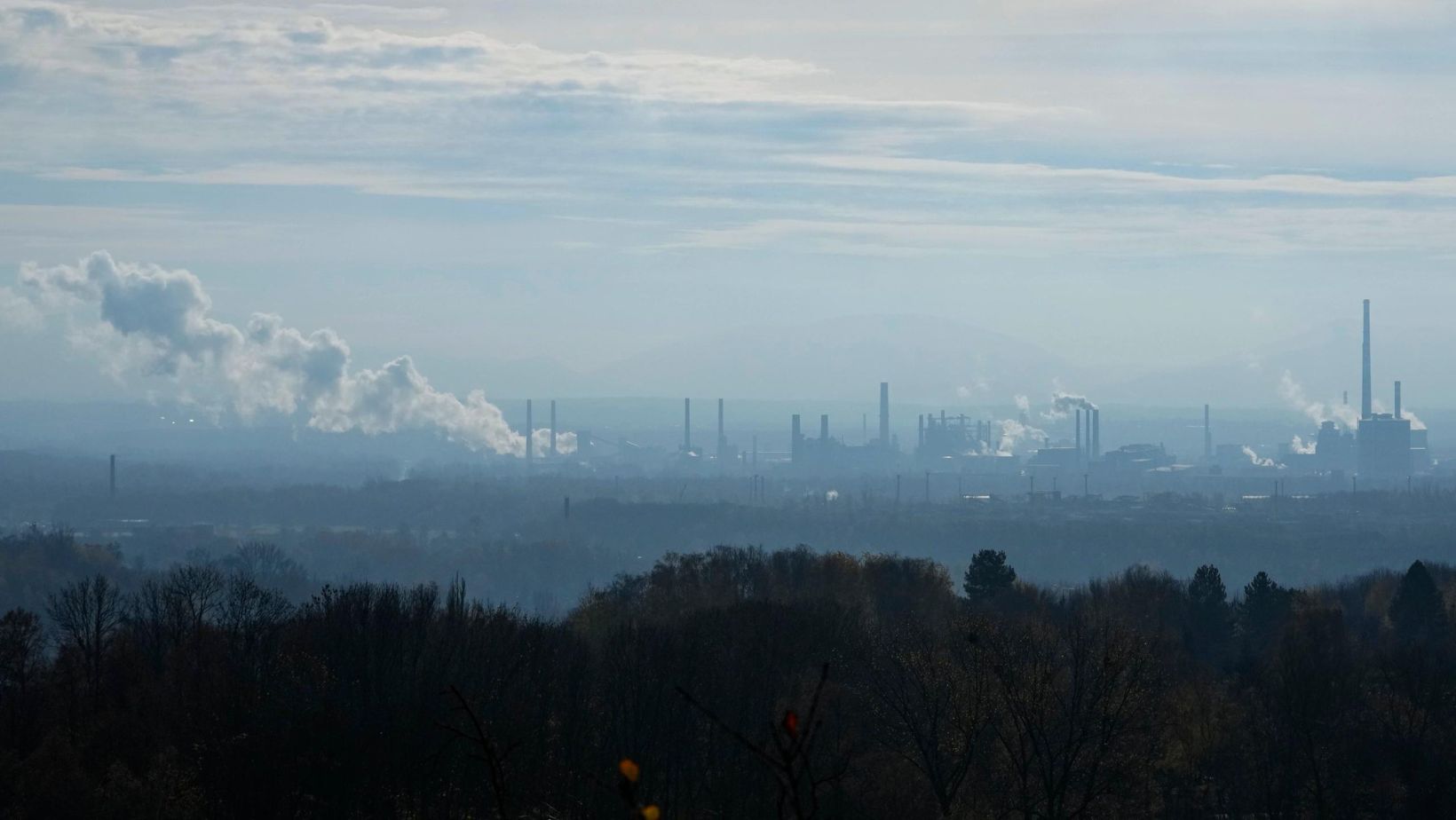In Ostrava, huge piles of coal are stacked up ready to sell to eager buyers and smoke belches from coal-fired plants that are ramping up instead of winding down.
The city has been working for decades to end its legacy as the most polluted area of the country, transitioning from an industrial working-class stronghold to a modern city with tourist sights. But Russia’s war in Ukraine has triggered an energy crisis in Europe that as paved the way for coal´s comeback, endangering climate goals and threatening health from increased pollution.
Households and businesses are turning to the fuel once considered obsolete as they seek a cheaper option than natural gas, whose prices have surged as Russia slashed supplies to Europe.
Demand for brown coal – the cheapest and most energy-inefficient form – used by Czech households jumped by almost 35% in the first nine months of 2022 over a year earlier.
In the same period, production rose more than 20%, the first increase after an almost continuous, decadeslong decline, the Czech Industry and Trade Ministry said.
Coal-fired power is not only disastrous for climate, it´s also a health hazard, releasing heavy particle emissions, nitrogen oxides and mercury, which contaminates fish in lakes and rivers.
A 2021 study of more than 800 European cities by Spain´s Barcelona Institute for Global Health, or ISGlobal, puts the regional capital of Ostrava and the nearby towns of Karviná and Havírov among the top 10 most polluted European cities. It estimated that 529 deaths a year could be avoided in those three cities if air quality guidelines are met.
Burning coal also spews the dangerous substance benzo(a)pyrene, whose levels are still high despite government programs that pay to replace old furnaces with more effective ones that reduce pollution.
Jancík, the scientist, said the impact to air quality is hard to predict right away, especially if it’s another mild winter, and that pollution “might get only slightly worse.”
Czech Greenpeace spokesman Lukás Hrábek expected a negative impact in the near future.
“We see conflicting trends right now. We see higher coal consumption, but at the same time, we see a massive investment in renewable energies, in heat pumps, in insulation,” Hrábek said. “So it´s hard to say what the long-term effect will be, but the short-term effect is quite obvious, the air pollution will be worse because of the higher coal consumption.”
In another sign of coal’s revival, the Czech Republic has reversed plans to completely halt mining near Ostrava to help safeguard power supplies amid the energy crunch.
The decision came after the European Union agreed to ban Russian coal starting in August over the war in Ukraine and as it works to reduce the bloc´s energy ties to Russia.
The Czech government aims to phase out coal in energy production by 2033 and increase its reliance on nuclear power.
Support Prague Morning!
We are proud to provide our readers from around the world with independent, and unbiased news for free.
Our dedicated team supports the local community, foreign residents and visitors of all nationalities through our website, social media and newsletter.
We appreciate that not everyone can afford to pay for our services but if you are able to, we ask you to support Prague Morning by making a contribution – no matter how small 🙂 .




